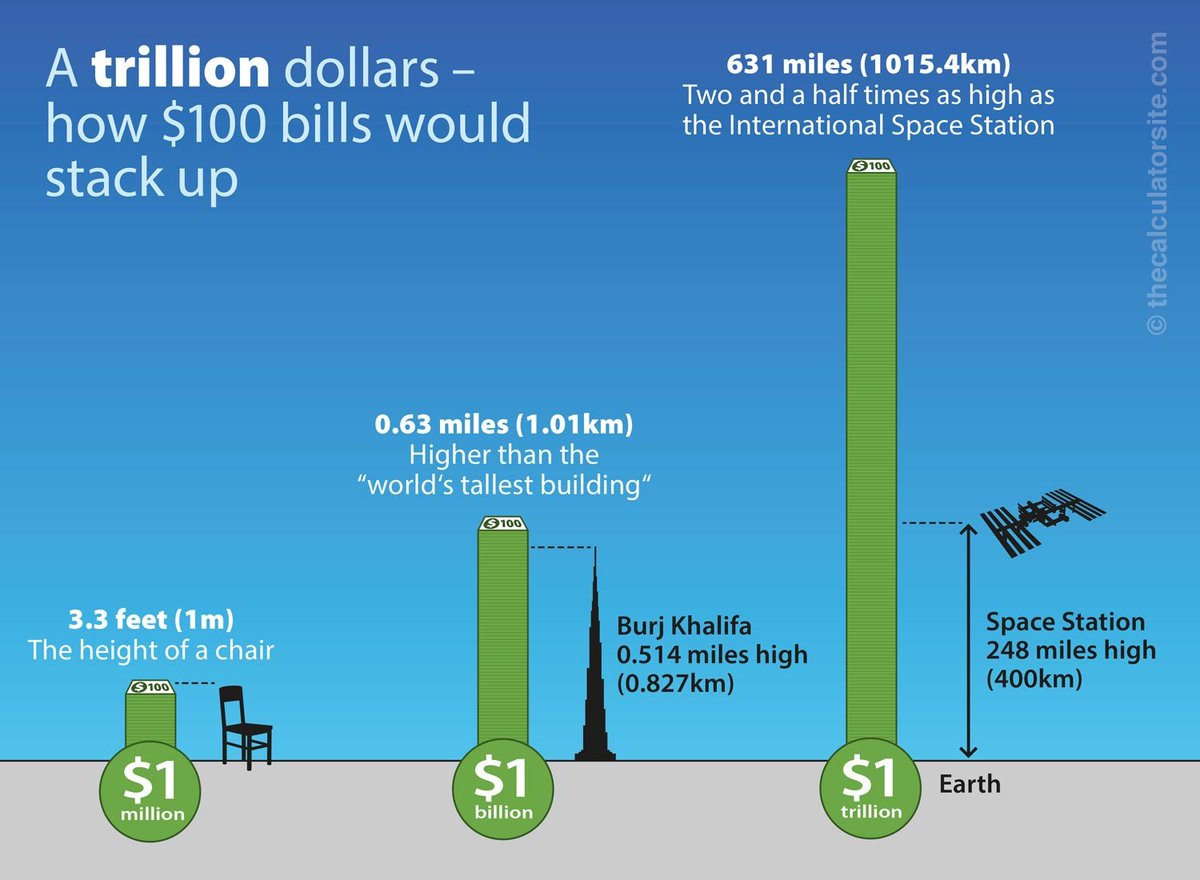2. On the contrary, it underwrites the credibility for leadership on global issues, by seeking to strike two points:
Two excellent questions at the end of a very sensible thread summarising the post-Brexit UK FP debate. My own take at attempting to offer an answer - ahead of the IR is as follow:
Both the @ChathamHouse and @Policy_Exchange reports are excellent and leave a healthy tension to the UK foreign policy debate. I\u2019m left with two questions that won\u2019t go away. Is the first underestimating how the world has changed. Is the second overestimating Britain\u2019s capacity?
— Ben Judah (@b_judah) January 11, 2021
2. On the contrary, it underwrites the credibility for leadership on global issues, by seeking to strike two points:
B. Propelling the UK towards a more diversified set of economic, political, and security ties;
4. It is as a result a notion that stands on the ability to renew diplomacy;
6. It equally puts a premium on exploring new bilateral and multilateral formats. On former, Japan, Australia. On latter, Quad;
8. All of this based on a prosperity project drawing upon Asia’s emerging energy trade formats.
9. Because of the above, capabilities is an issue only if the UK’s tilt is seen outside of its crucially networked nature. The UK will enable and convene;



















